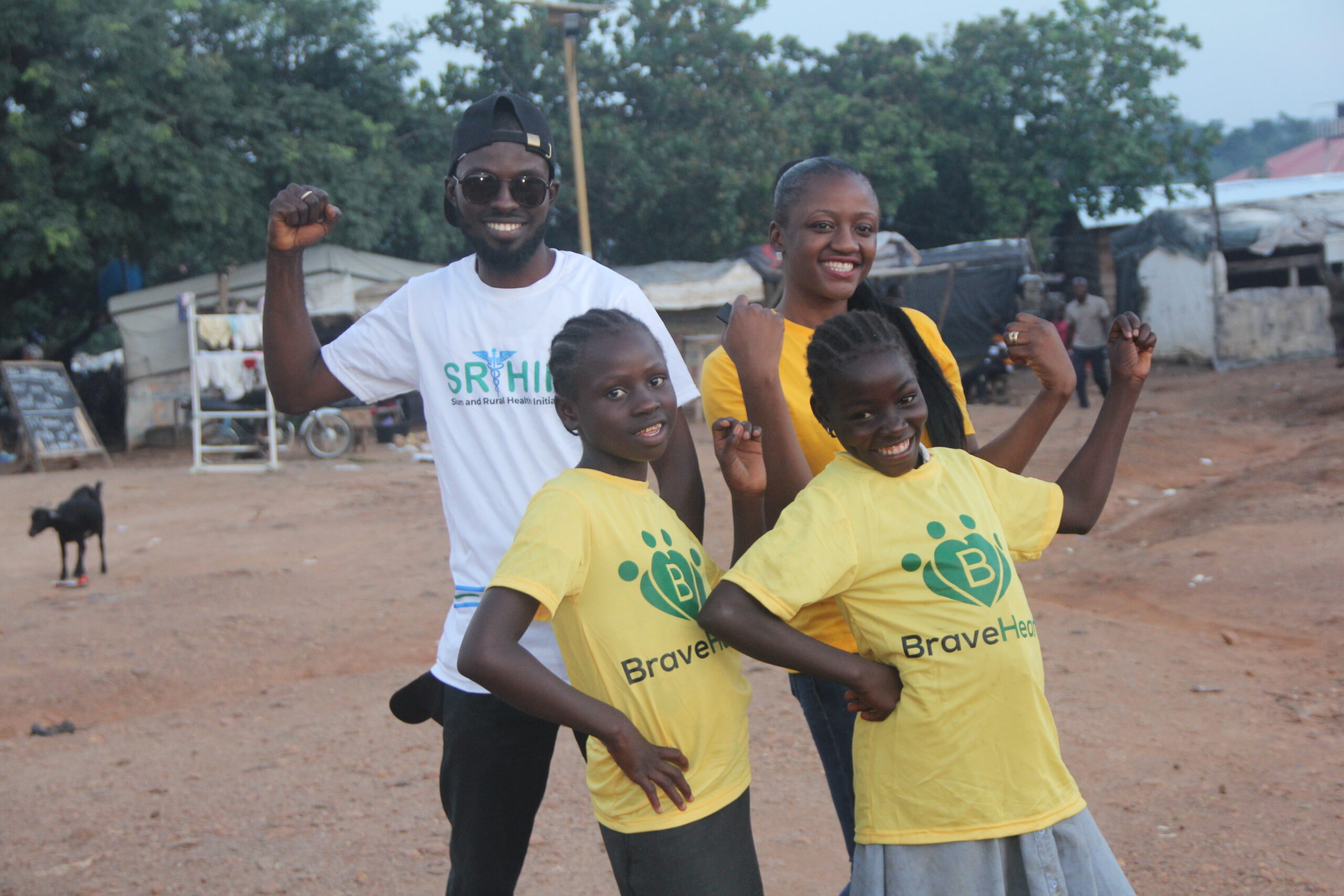Written by: Oroye Bukola
In Nigeria, high breeding of malaria vectors (mosquitoes) and transmission rate occur throughout the year, especially during the rainy season. Mosquitoes typically accompany the rains as a result of the increased number of breeding sites occasioned by incessant rains. The wet weather conditions hereby provide bountiful opportunities to find stagnant water for mosquitoes to breed. Thus, malaria is spread by the bite of vector-carrying mosquitoes known as female Anopheles.
Malaria is a parasitic disease caused by a parasite of the genus Plasmodium. This parasite is transmitted to humans commonly through mosquito bites. Usually, people get malaria by being bitten by an infective female Anopheles mosquito. This must have been infected through a previous blood meal taken from an infected person. When a mosquito bites an infected person, a portion of the blood is taken in, which contains the malaria parasites. About one week later, when the mosquito takes its next blood meal, these parasites mix with the mosquito’s saliva and are injected into the person being bitten.

Genotype is the genetic makeup of an individual inherited from parents. Typically, there are five (5) distinct types of genotype. They are AA, AS, AC, SS, and SC. The first 2 pairs (AA & AS) are normal, AC is rare while the latter two (SS & SC) are anomalous, commonly causing sickle cell disease. Usually, the red blood cells are round and flexible and can move easily through blood vessels, however, in sickle cell disease, the red blood cells are shaped like sickles. These rigid, sticky sickled cells can get stuck in small blood vessels thereby slowing or blocking blood flow and oxygen supply to parts of the body. Consequently, sickle cell disease occurs when an individual’s blood cells are shaped in a deformed and abnormal manner, potentially blocking blood flow and causing pain and damage to vital organs.
In the digestive process of the malaria parasite, the toxic portion of the haemoglobin called haemin (ferriprotoporphyrin) is converted to the non-toxic substance called haemozoin by the parasite enzyme (malarial haem polymerase) thus enabling the parasite to survive, fueling the duplication and replication process. Haemoglobin S (HbS) unlike haemoglobin A (HbA) is deoxygenated, polymerized and poorly digested by the parasite. As a result, haemin accumulates thereby inhibiting the replication and survival of the parasite in HbS containing red blood cells. This is the major reason why the malaria parasite (Plasmodium falciparum) survives and thrives well in the AA genotype compared to other genotypes thereby contributing to the malaria susceptibility of people with the AA genotype.
The malaria parasite (Plasmodium falciparum) has a high rate of oxygen consumption and utilizes large amounts of haemoglobin (the oxygen-carrying pigment and predominant protein in the red blood cells) during the blood stage of replication and duplication. This thus makes the malaria parasite thrive better in AA genotype since genotype AA red blood cells contain normal haemoglobin both in quantity and structure.
Hence, it is important to avoid mosquito bites by taking necessary precautionary measures of getting rid of their breeding sites, especially as it regards to the present weather condition. To reduce the risk of mosquitoes breeding in stagnant water, do the following:-
Turn buckets and watering cans over and store them under shelter so that water does not accumulate.
Remove excess water from plant pots and plates.
Clean animal/bird water feeders daily.
Scrub containers before use.
Loosen soil from potted plants, to prevent puddles from forming on the surface.
Use non-perforated gully traps, install anti-mosquito valves and cover any traps that are rarely used.
Do not place receptacles under an air-conditioning unit.
Prevent leaves from blocking anything that may result in the accumulation of puddles or stagnant water.
Clean water from AC-Cooler regularly.
Also, Malaria can be controlled by doing the following:
Avoid mosquitoes (use long-lasting insecticide-treated mosquito nets, apply mosquito repellents or long clothing to reduce the chance of bites).
Door and window screens (Structural barriers, such as netting on the windows prevent mosquitoes from entering our homes and workspaces).
Timing (Try to avoid being outside at dawn and dusk)
TAKE NOTE: Antimalarial drugs should not be used at will. Do not self-medicate! When you have a fever, headache and chills, please go to the hospital to get tested. Not every fever or headache is a symptom of malaria.
WISH YOU A HAPPY AND HEALTHY LIFE.



